Electrical power is a part of our day-to-day lives. While it is possible to live without that electrical power, many things that we use would no longer be available to us. Considering how fragile the electrical grid is and that it only takes a medium-sized storm to start knocking down power lines, it only makes sense to have some sort of power generator for your home.
When most people think of a power generator, they think of a gas operated one. Gas operated generators are relatively inexpensive to buy, but extremely expensive to operate. For any long-term emergency situation, gas operated generators just aren’t practical.
The other problem with gas operated generators is that they are noisy. If you want to maintain OPSEC and not let people know that you are prepared to deal with the emergency, then the last thing you want to be using is a gas operated generator. The noise alone will give you away and attract much unwanted attention.
That’s part of the beauty of solar power. Of all the power options available for use in an emergency, solar power is the best. The one drawback to it is that solar panels are expensive. However, once purchased, there are no operating expenses and solar panels will work for up to 20 years, with minimal power loss.
For long-term power generation, solar is the best emergency backup system you can go with.
For solar to become a complete backup solution, you need more than just a solar panel. The solar panel absorbs sunlight and converts it to electricity. Typically, solar panels put out about 18 volts DC, which makes them perfect for charging 12 volt batteries.
The slight over voltage of the solar panel means that it will still charge the battery, even if clouds are preventing the solar panel from operating at 100% efficiency.
The 12 volt DC of the battery can either be used as it is, such as for plugging in cell phones and other devices to charge them, or it can be inverted up to 120 volts AC, for use in powering home electronics. Either way, the solar generator is providing necessary electrical power for meeting your needs.
Most solar power generation is done by solar panels that are mounted to a home. However, there are also portable solar generator stations, such as the PowerWhisperer. This is a fully self-contained solar power generation system, with on board battery and voltage inverter.
The heavy-duty aluminum case protects the system from EMP and the generator is mounted on a cart, making it portable.
Another thing you might want to consider is having a small, flexible solar panel for your bug out bag. That would allow you to power your electronics while away from home. There are a number of options for those types of solar generators as well.
While not big enough to provide electricity for your home electronics, they are big enough for charging cell phones, GPS units, tablets and portable computers that you might take with you on a bug out.
Our Recommendation
 The PowerWhisperer is a mobile power system designed with prepping in mind: as a silent system, the PowerWhisperer won’t give you and your family away.
The PowerWhisperer is a mobile power system designed with prepping in mind: as a silent system, the PowerWhisperer won’t give you and your family away.
This stealthy power supply provides power for a family when the lights go out; whether due to a storm or an EMP.
Since it isn’t powered by a gasoline engine, there is no noise to alert the neighbors that you have power, while they are sitting in the dark.
The system consists of a high capacity, 100 amp hour, deep cycle lead-acid battery. The battery is charged by two 50 watt, Second generation, flexible solar panels; which are stored in a compartment in the unit. 45 foot leads are provided for the solar panels, allowing you to put them on the roof or some hidden area, without giving away the presence of your PowerWhisperer.
A 2,000 watt voltage inverter provides sufficient power to run any home appliance or power tool. You can also use the 12 volt output for powering devices that are designed for plugging in to a car’s power system, such as for recharging a phone or other portable electronics.
A power station, enclosed inside the unit, provide breakers and connections for drawing power from the unit, as well as a LED readout to tell you the status of the unit and its charge. Connection for the solar panels is provided in the storage compartment. You can also attach additional solar panels for faster regeneration of the system.
The entire unit is housed in a rugged, 1/16 inch thick aluminum case, mounted on two wheels, for movement like a hand truck. Lightweight and compact, the PowerWhisperer can be used for bugging in or if you are bugging out to a prepared bug-out retreat, it can be brought along.
The aluminum case is a perfect Faraday cage, protecting the components of the system from EMP. A woodland pattern camouflage net is provided for help in concealing the unit from neighbors while in use.
A compartment for storing the solar panels is also big enough for storage of radios and other small electronic devices, keeping them with the power supply, while protecting them from EMP. Made in the USA, you can be sure about the quality of this unit.
This article has been written by Bill White for Survivopedia.

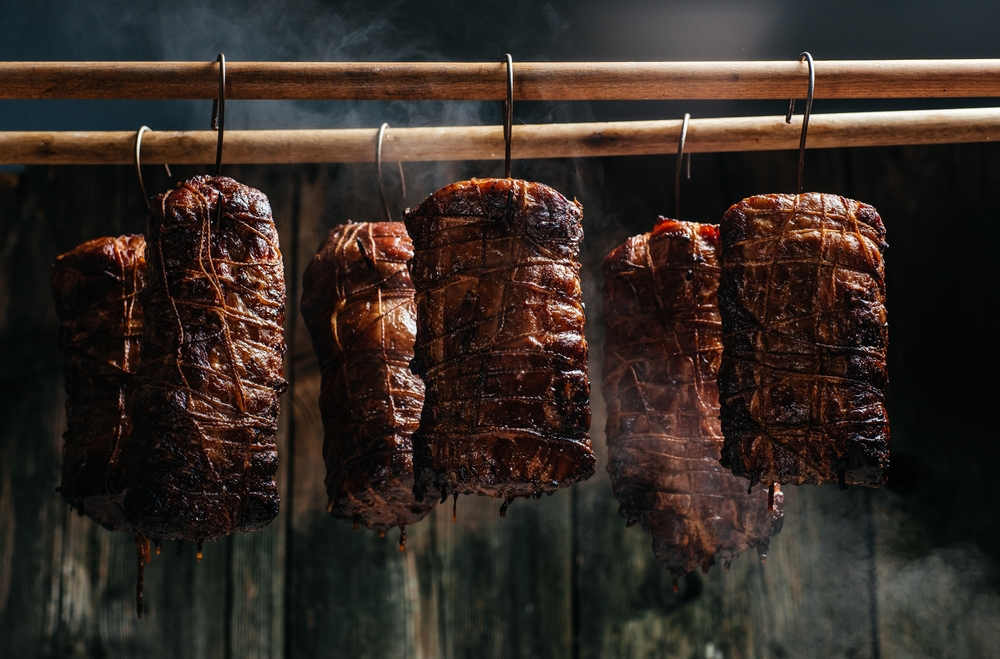
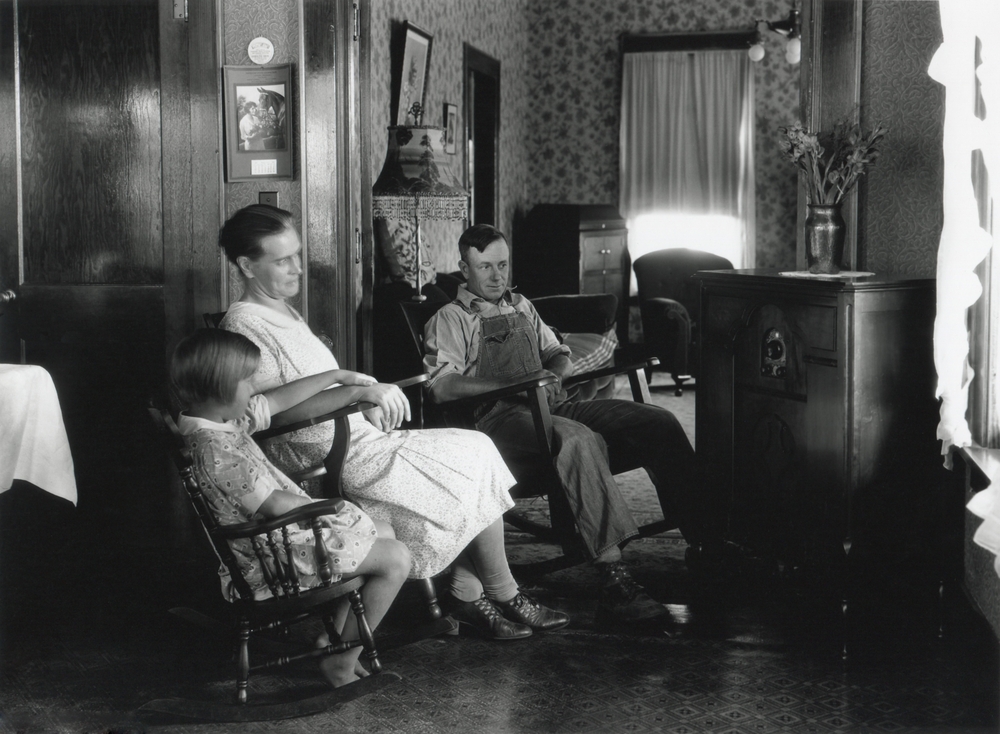
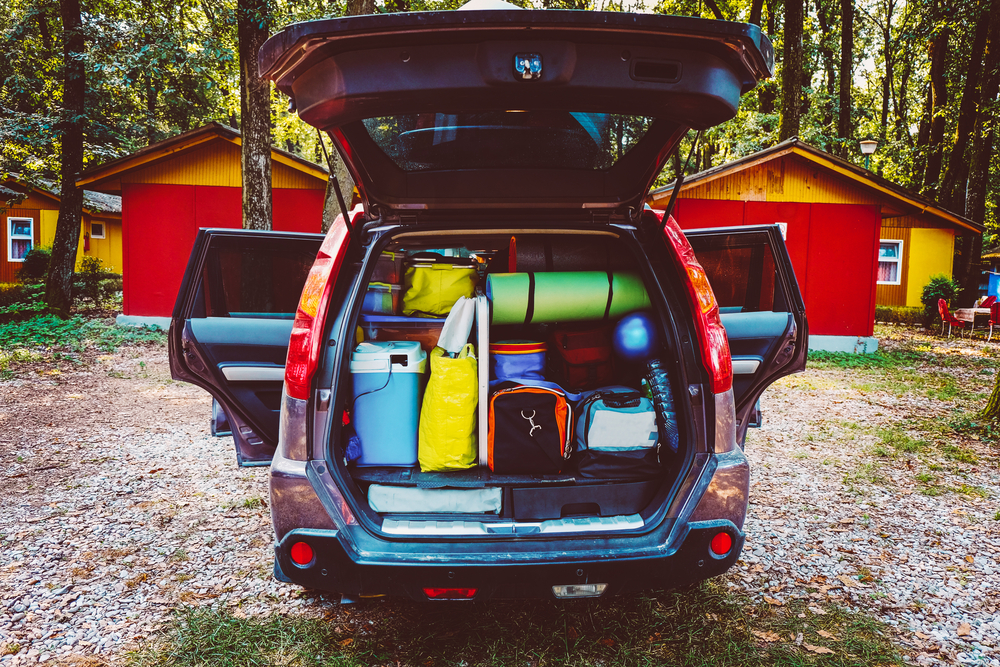


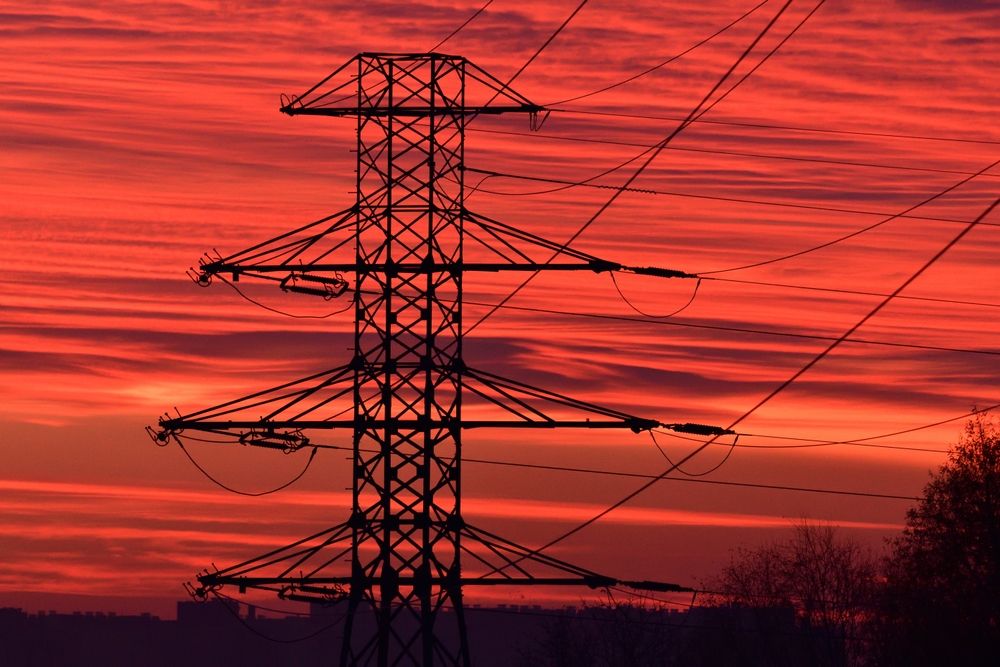













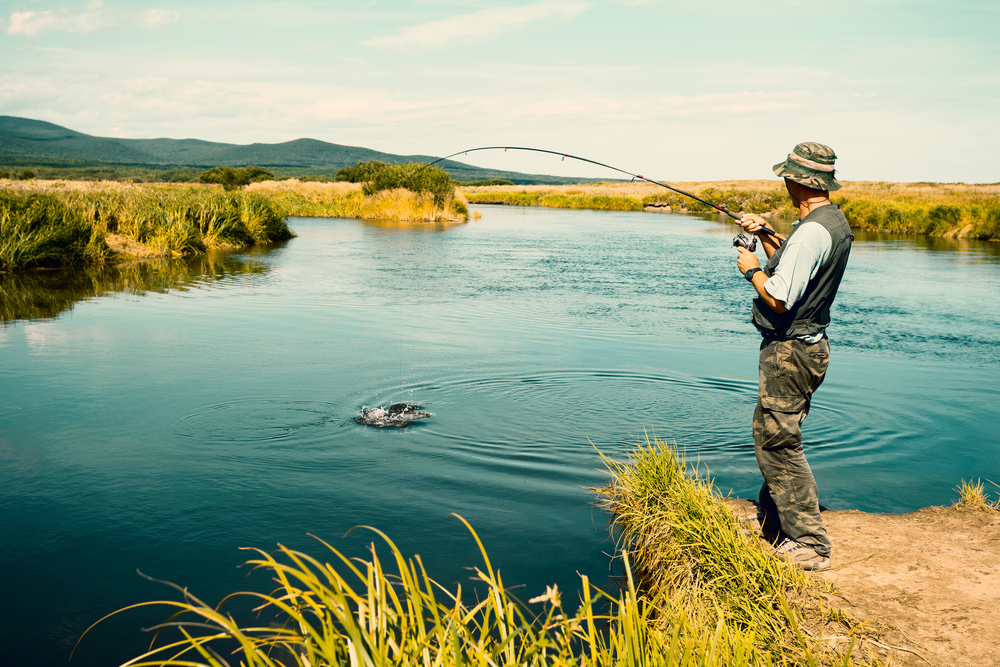


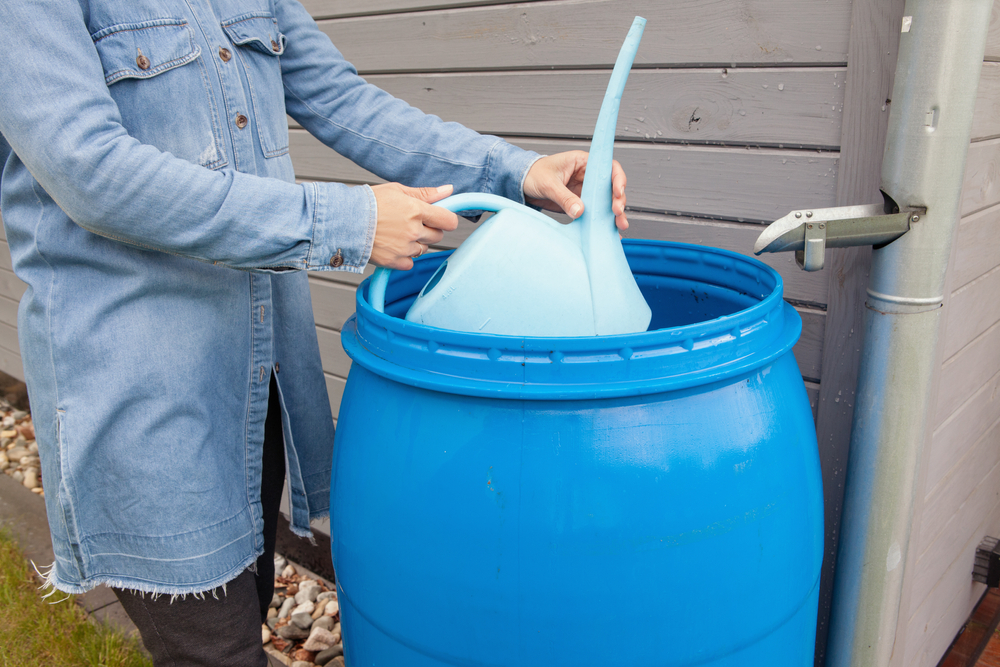
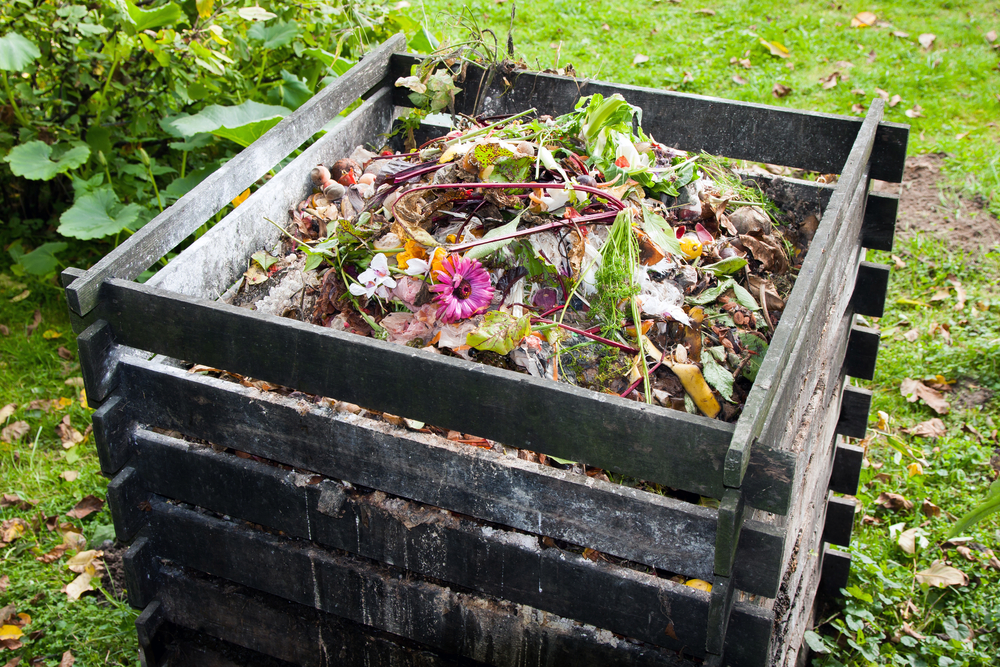



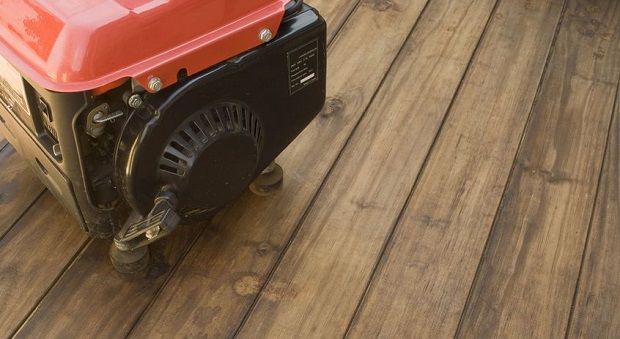
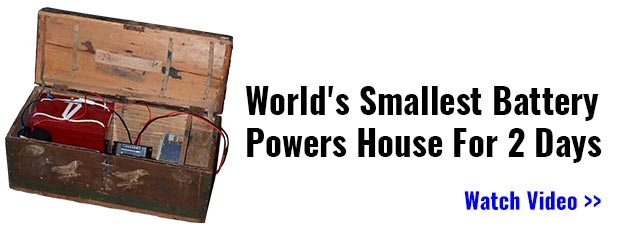
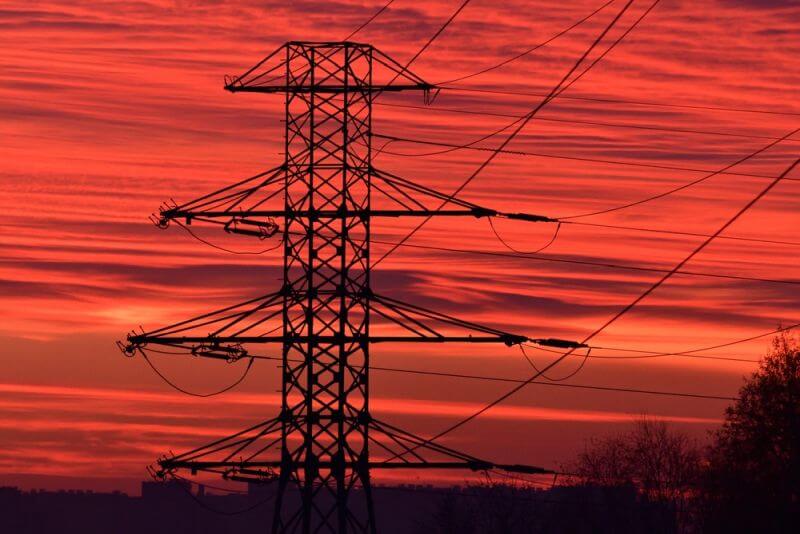
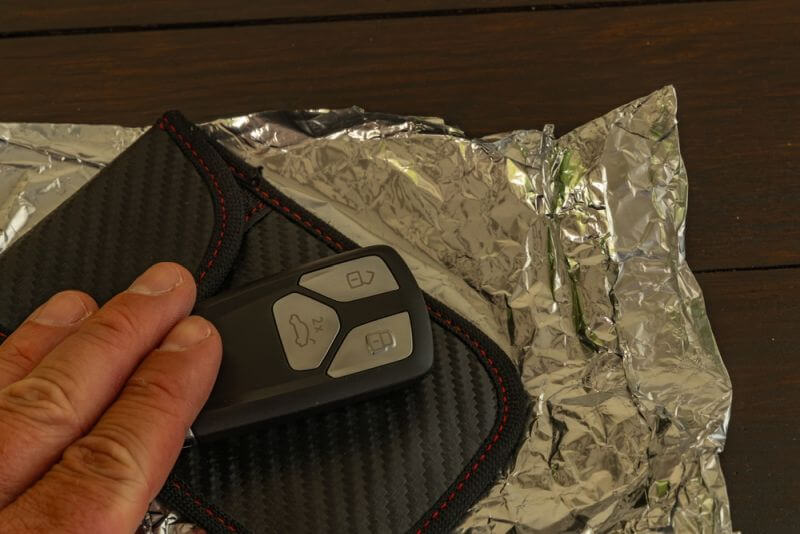
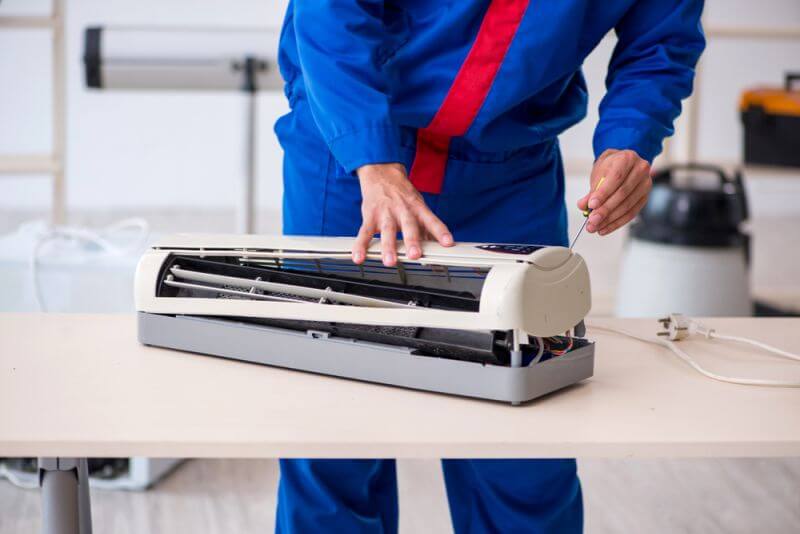
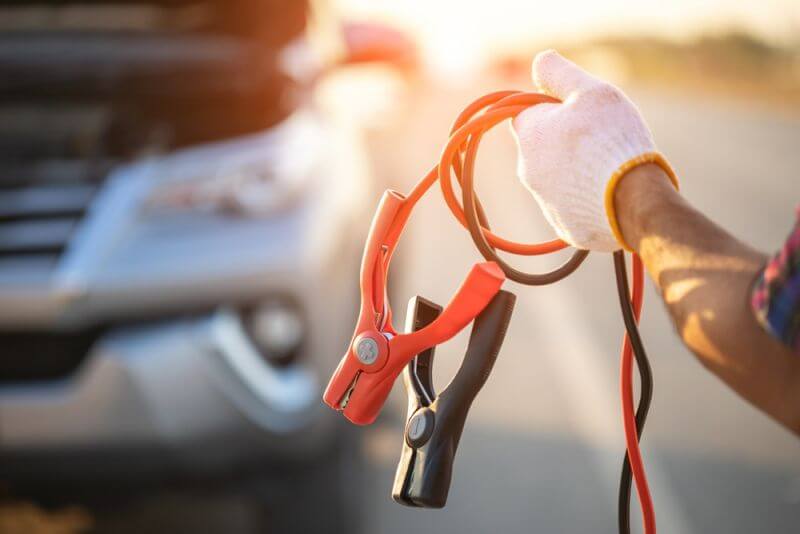









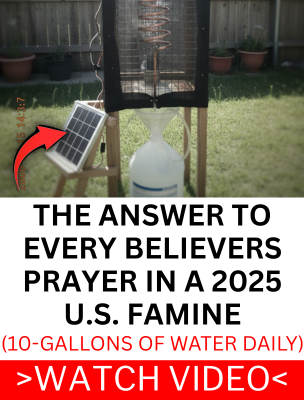
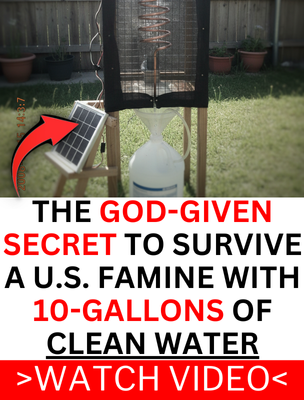

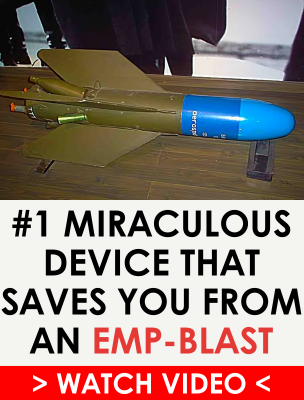



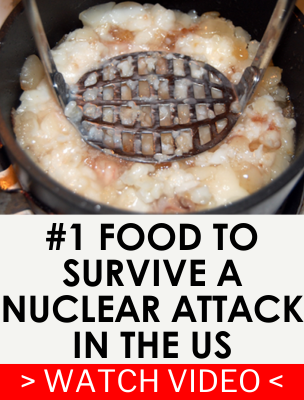









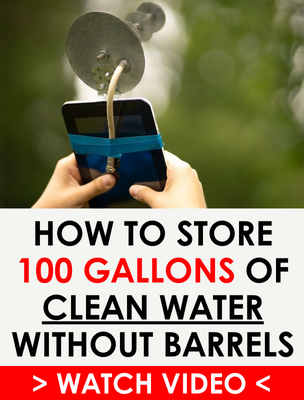
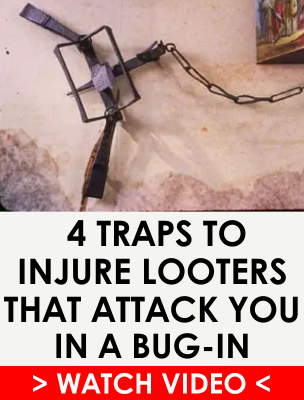
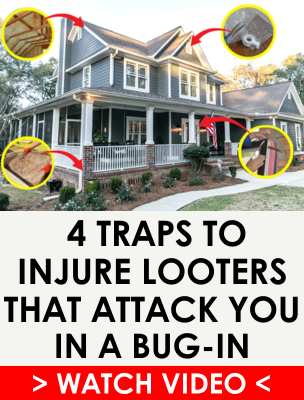










I HAVE NEVER HEARD OF THE POWEERWISWPER UNIT HOW CAN I FIND OUT MORE INFO AND WHAT THE COST AND WHO SELL THEM. PLZ GET BACK SOMEONE THANK U JERRY
Even if you have a silent generator, don’t you think they might know you have something if your lights are on? Unless you use blackout curtains, I think many will get the idea sooner rather than later, and more people are in the ‘know’ these days than ever before of what to look for because of sites like this one. We may not be fooling anyone with our ‘hiding’ tactics. Just wondering on that one.:) Unless you already have something charged up and a reserve battery, dark and stormy days won’t help at all for solar energy…at least not in Canada! I think one might need a pedal bike to keep it going!LOLHmmm, so how to hook up bike to a generator tis the question..:) And stealth to hide form everyone else who has no power on-might not be a great idea all the time in the end as they may have something YOU might need to survive with…like an extra car battery….! I think we tend to preach too much paranoia with neighbors we already know, I mean you helped yours out, right? I think survival is more than just dropping of the face of the earth so to speak. It also has to have humanity, or what is the point of survival?
My thoughts exactly Vicki Gibson, having a backup generator is a great thing, but they do you absolutely no good unless you have access to enough fuel. Whether that fuel is the sun, gasoline, LPG, wind etc. The article written here was very vague on the specs of the Power Whisperer, but with one 12v 100 amp deep cycle battery you will not be able to operate anything that pulls a reasonable amount of watts for any type of extended period of time and then you have to wait for the sun to come out (if it even does) to charge your battery. There are of course many other options with power generation . My favorite would be the Honda EU2000i gasoline generator , very quiet, enough power for the basics; the refrigerator, lights, TV, radio, computer, and it gets very good gas mileage (depending of course what you are running). You always have to have enough extra fresh gasoline stored away to power it however. This unit can be converted to LPG, which makes sense to me because you can store LPG for long periods of time without it going bad.
Marty,
you’ll find the specs of the Power Whisperer in a previous article on our website – Product Review: Power Whisperer.
I am thinking that to keep batteries in the ready, those trickle chargers they use for stored cars might be ideal, so when you do need them, they are ready! Check them once a year, and they should be OK when needed. A gen that has both options might be more ideal. Gas, or other fuel, and a solar connection. This way, run out of one, you can then go back to the other. Having the extra fuel on hand for emerg helps. One does have to keep on top of such an item. Usually those who do camping might have one. But many of those I have noted don’t keep track of how good it works until they set up camp!LOL Anyway, having something on hand is sure better than nothing at all…just be prepared also to help others when they come knocking to get warm…!
Cheers and good luck out there people! Layers of clothing helps! Just ask any Canadian up north..LOL
What about the trailer batteries that are designed to pull more and last longer? That might be a better option? I have no clue, just asking. I do know crank amps are NOT what one wants, but a deeper cycle one that will last a few hours.
Great article on solar generator. Regarding EMP, would such an event the destroy solar panels? Another question, do you recommend keeping the battery charged during storage? I ask this because I would think I would store generator and only use in disaster scenario. I would not want my battery to lose its charge because I did not maintain it.
Thanks!
Michael,
please, read our article in two parts about EMP and solar panels here and here:
Also, we are going to publish an article about batteries soon, so keep an eye on our website to read it.
Thank you for these great articles BTW! Very helpful.
Solar generators will not power any heat producing appliance for more than a few minutes before the batteries are completely discharged. So they are useless really to provide lie saving heat.
Let’s do the math: (This calculation is w/o figuring in power in from solar panels which would be minimal anyway and not figure into extended run ime of a space heater)
Example: (1) 100 amp hour battery @ 12 volts, inverter and a 1500 watt space heater….add 15% to the wattage of any appliance to provide for efficiency loss of the inverter so total wattage used in calculation will be 1725 watts.
The math is:
-1725W/120V AC= 14.4 amps
-100 amp hour battery/10 (use 10 here which accounts for the inverter running off 12 volts but producing 120 V AC)=10 amp hours
10 amp hours @120 volts AC/14.4 amps= .7 hours or 42 minutes before the battery/s are completely dead…
So as you see solar generators providing useful heat is not possible….
Use solar generator to run LED/CFL lights, low power small LCD TVs, charge some electronics, etc.
Also the generator mentioned uses a modified sine wave AC form and some electronics will not even run on this type of power and may damage them.
Best to get and use a solar generator that employs a pure sine wave inverter and you won’t have compatibility issues. More expensive than modified but will not damage your electronics and will run all electronics.
So for heat use a fireplace, wood stove, portable propane heaters etc.
You would definitely need to add more or bigger solar panels to keep a 100ah battery charged up daily, especially since you I don’t want to drain the battery below 50% (75-80% would give you longer battery life). You’d want at least 300 watts of solar panels or more depending on how many watts you are pulling out. The 2000 watt inverter would probably start most refrigerators, but remember, the bigger the inverter, the more watts you waste just running the darn inverter. Getting DC appliances (expensive) is the way to go, or using the absolute smallest inverter possible to meet the loads. Lights and gadgets are easy, but if you want to run anything with a motor or heating element (refrigerator, freezer, compressor, heater, ac, etc), solar can be difficult. I’m off grid and dealing with batteries is a nightmare not to mention expensive. I try to go solar panel direct (no batts required) for any high energy things like water well pumping and refrigeration.
That is great information Cheryl. Living off grid has many challenges. And you are right about the pull on appliances not to mention furnaces. I have thought about wood pellet stoves for heat and even cooking but pellets will be hard to get. Wood and coal still seem to be the best item depending on where you live. I live in an area that is still full of coal and wood. Deadwood from the pine beetle is all around now. Anyway thank you for the extra information!! Cheers
Vicki
Hi Vickie
I wouldn’t recommend a pellet stove. Pellets wouldn’t be available if the SHTF. A wood stove would be better. Unfortunately where I am there are no trees so I bought a little space heater that runs on the little gas canisters or propane that I use for my Coleman stove. It is one of the few rated as safe for indoor use. I believe the brand is Mr. Heater. When SHTF, I plan to make biogas to replace the propane.
I would like to get the power whisperer. If I have an electrician hook up an outlet would it generate enough battery power to run my oil furnance in an emergency?
I have installed my solar system as
backup for emergency power.
1.Options for battey configurations are 12v,24v & 48 v for inverter input
voltage.
The higher the voltage the smaller the cables.
2. Charge controllers are mostly 12v and 24v and are available with battery
chargers in one pkg.
3.. Best solar panels are Solar Modules by SolarWorld. They are extremely
strong and competitive priced, guaranteed for 25yrs. 270 watts/panel.
4. Inverters come in 2 types:Modified Sine Wave and Pure Sine Wave(more
expensive…$350). PSW are used for computers and chip type devices. MSW
are used for lighting and motor driven appliances,shop tools etc.
I use 4 type 40 car batteries at 12v total output to both types of
inverters going to my Load panel. Everything is manually switched to avoid
overloading system components. I replaced my 40A range with a gas stove and
the water heater and furnaces are gas, requiring only low amperage blower
motors. The washer and dryer can be powered separately, avoiding circuit
over loading.
I want to put solar panels on my shed which is 100 feet from my house. Can I run the lines under the ground into my basement?
I note that, if I purchase a 5000Watt unit, it is eligible for 30% tax credit. Is this an option for upgrade?
well it might run a refr fan and few led lites can’t run air conditioner in the south west the watts can’t keep a charge if you use it
Thanks for sharing this advice on choosing a generator! I agree that it is a really great thing to have, especially if you want to be prepared for anything. In fact, I think that most families nowadays should really consider some sort of backup generator. It offers peace of mind, which you cannot put a price tag on.
I like the fact that the power whisperer is not powered by gas. It would be interesting to here it run. The solar panels on it are amazing. This is a great recommendation. Thanks for sharing.